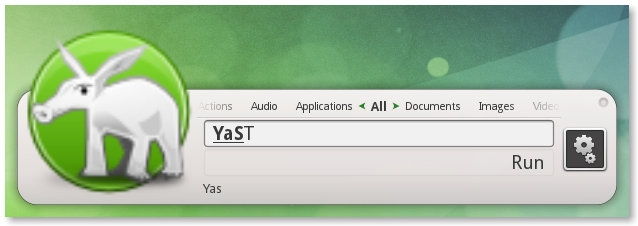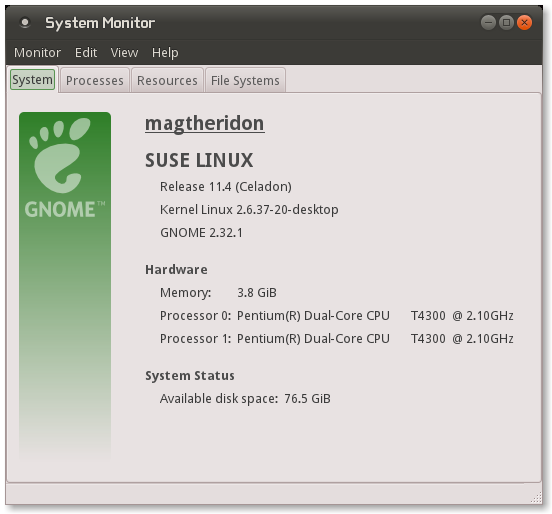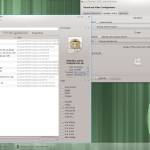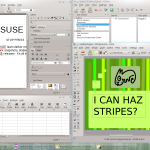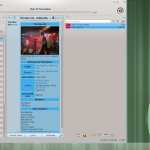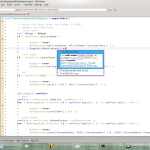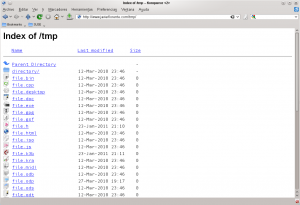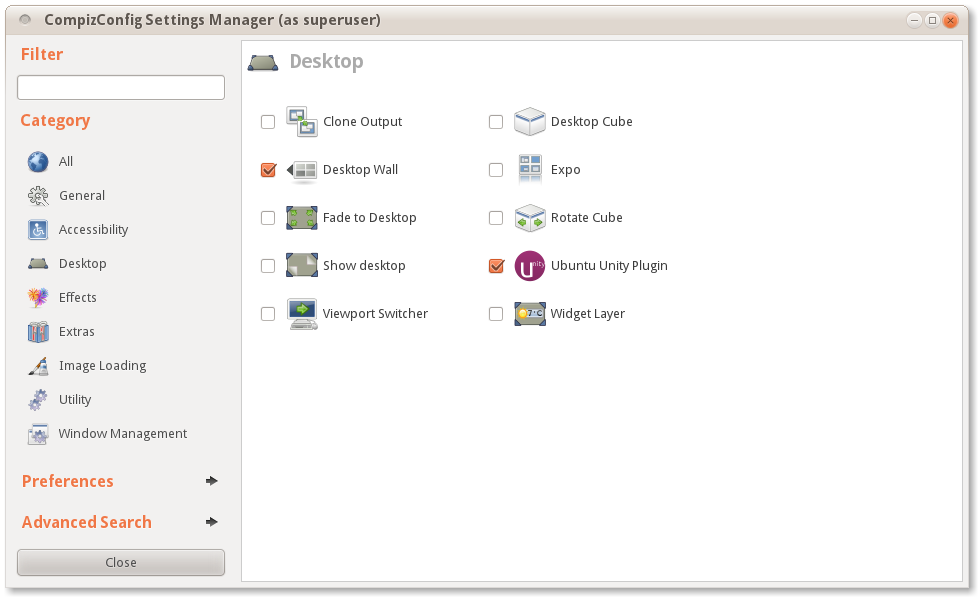
1. Understanding ME
One of the fundamental demands to allow that interpersonal relations grow more richer, positive and mature is the necessity of understanding yourself and others. Each individual is the result of genetic and hereditary aspects, also from the network of situations that develop during his growth, influenced by family, friends, school, neighbors and other persons that are taken by reference by each one of us.
The ME in each individual is built in function of the image that he acquires from the world, in function of experience, of people and situations perceptioned, in short, from the perception one does from reality. The way that we see and evaluate the world and others, develops in functions of the socio-cultural context in which we live.
Each individual is unique and different from all the others, nevertheless, he has to live in society and interact with others, which will be different from himself.
2. Understanding the OTHERS
The first impression we take from someone we meet for the first time, is going to influence our future relation and it’s conditioned by:
* Psychological Factors;
* Previous experience;
* Expectations;
* Motivations;
If it’s positive, it will benefit the interpersonal relation, or if it’s negative, it will make the interpersonal relation harder.
Before someone which is unknown to us, or before someone from whom we only are aware of a few characteristics, we have a tendency to create a global impression of that person, in short, we categorize her.
Through categorization people are gathered into pre-determined social groups according with the characteristics we identify on them and in function of the signs we watch on them.
2.1 Social Group
Personal Group – collectivity to which I feel to bellong, as my family, my religion, my professional category, social class, etc.
External Grups – collectivities to which I don’t belong, as in other families, other religions, other professional categories, etc.
The personal groups create their own cultural components, which leads them to develop beliefs about the external groups. Usually we make a general idea about people, often forgetting important particular characteristics.
The base line is on knowing how we organize the various elements that we watch on the subject, in a single unique and coherent impression.
Categorization simplifies the knowledge that we have about someone else, which makes their behavior predictable and understandable. Nevertheless often we categorize others incorrectly, because there are not 2 equal individuals. It is necessary to confirm our categorization e and specially be open to confirmation or reformulation of our first impressions, otherwise we get:
1. Prejudice;
2. Stereotypes;
A prejudice is an attitude hostile or negative to a determined group based on malformed or incompleted generalizations. This generalizations are called stereotypes and mean to provide personal identical characteristics to any person from a group despite of their individual difference to the rest of the members of that group.
The negative consequences of prejudice and stereotypes is on incorrect generalizations that label people e do not allow that them are seen and treated as singular individuals with very own personal characteristics.
We might make evaluation mistakes and prejudice to assume that the individual is what it’s stereotype (race, creed, profession, genre) portraits as pattern.
Interpersonal competences allow us to deal effectively with interpersonal relations, to deal with other people in the proper way to the needs of everyone and to the demands of the situation. An harmonious interpersonal relation implies knowledge about yourself and about the others.
To practice interpersonal relations it means to understand the others as they present themselves, establishing an attitude of empathy, understanding them and respecting their individuality. People differ in the way of understanding, think, feel and act; those personal differences are inevitable.
It is up to each one of us to have the capacity of understanding, and the attitude of accepting the diversity e singularity of others. Without respect for the others, a good interpersonal relation won’t be possible, and it brings consequences to US and to the OTHERS, and eventually to the organization they represent.
—–
I’ve decided to organize this notes and make a blog post on Lizards as I believe that we as a community should promote this issues, as our sanity and future are heavily related to them. In the industry, many companies place a lot of money and efforts to promote trainings and this topics amongst their employees. We openSUSE, as a community should also do the same, as our target is actually people. Any member/contributor/enthusiast of openSUSE is in a way the public relations of openSUSE. Ignoring this fields and not making an investment on them might do us more harm than good on the long run.
As many are aware, I recently applied for the Board, this was one of the topics I was preparing to bring to the Community. My formation is on Marketing Management and not on Psychology or Sociology/Anthropology, and I believe there are people far more qualified than me in the community to develop this topic and maybe to try and deploy it on the field.
To understand this text and it’s goals is something that everyone of us needs to do, and maybe place a bit more of effort in our interpersonal relations with other members. I we can deploy more synergies in promoting the good side of people and not the bad side.
Dedicated to friend which isn’t no longer around, or maybe he is.
Nelson Marques
PS: Feel free to improve the text and correct what you believe that is wrong or make it more objective and better understandable. Feel free to share it.
